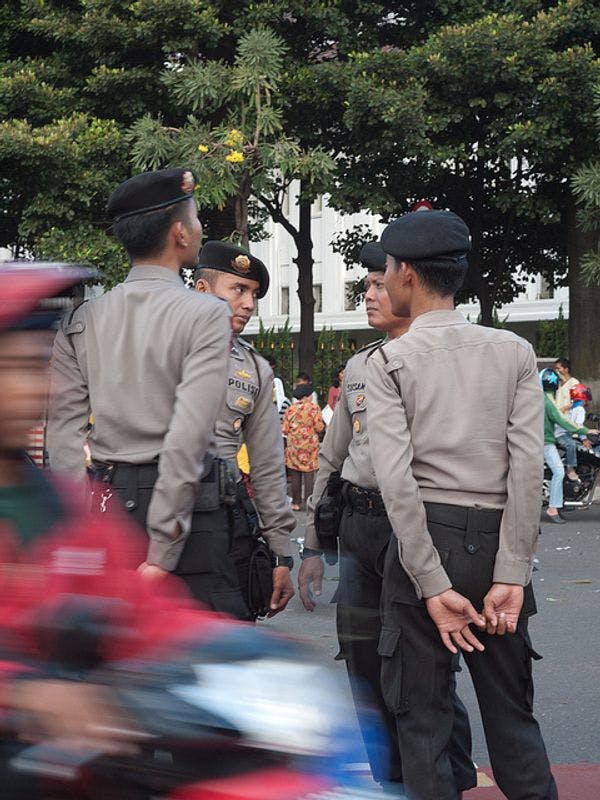Flickr CC Seika
Harm reduction in Indonesia failing women who use drugs
By Rima Ameilia and Katie Stone
The state of tailored harm reduction services for women globally is notoriously poor, with the situation in Indonesia providing a snapshot of the barriers many women who use drugs face around the world.
Compared to their male counterparts, Women who use drugs (WUDs) face increased stigma, threats of violence, social exclusion and gender discrimination. This hostile environment can often deter women from accessing the small number of services that are available and push them to riskier drug use practices, heightening their chances of contracting blood-borne viruses like HIV and hepatitis C.
As part of the research for Harm Reduction International’s (HRI) upcoming Global State of Harm Reduction report, due out in late 2018, the Women & Harm Reduction International Network (WHRIN) surveyed its members across Europe, Oceania, Asia and North America to get a sense of the services on offer to women and the challenges faced in accessing them. Eight responses came from Indonesia—where services on the whole for people who use drugs are lacking—and reflect the urgent need for specialised harm reduction and treatment services for women who use drugs (WUDs). Responses include:
“There are no treatment services [specifically] for women drug users … Existing services are also not woman friendly, [and very] male-oriented.” (Yogyakarta)
“There is a lack of special services for women because we are so far still simply equated with men. However, it is known that women have different needs.” (West Nusa Tenggara)
“As far as I know there is no policy that deals directly with the needs of women who use drugs.” (Yogyakarta)
“Existing harm reduction services for men and women are not differentiated and even often [WUD access is] decreased due to the double stigma and discrimination still attached to drug use among women (meaning women are not attending available services).” (central Java)
This situation is not uniform across the country and the options available to women in cities are typically better. For example, hepatitis C treatment is on offer in areas of Jakarta but women elsewhere will often have to travel to the capital if they want access to medications. In many cases, cost may prohibit women from this travel.
Regions
Related Profiles
- Talking Drugs
